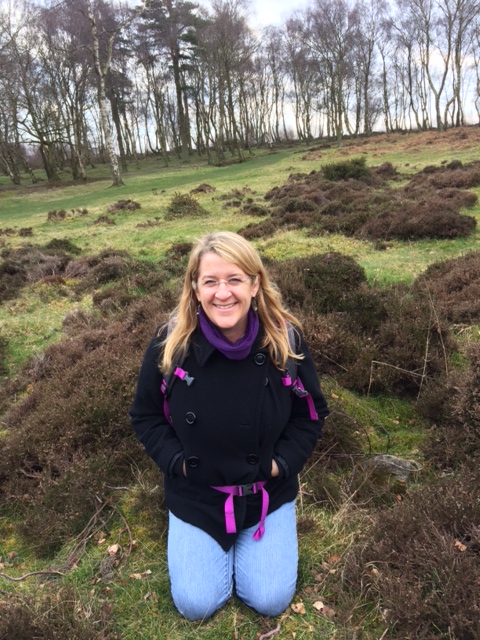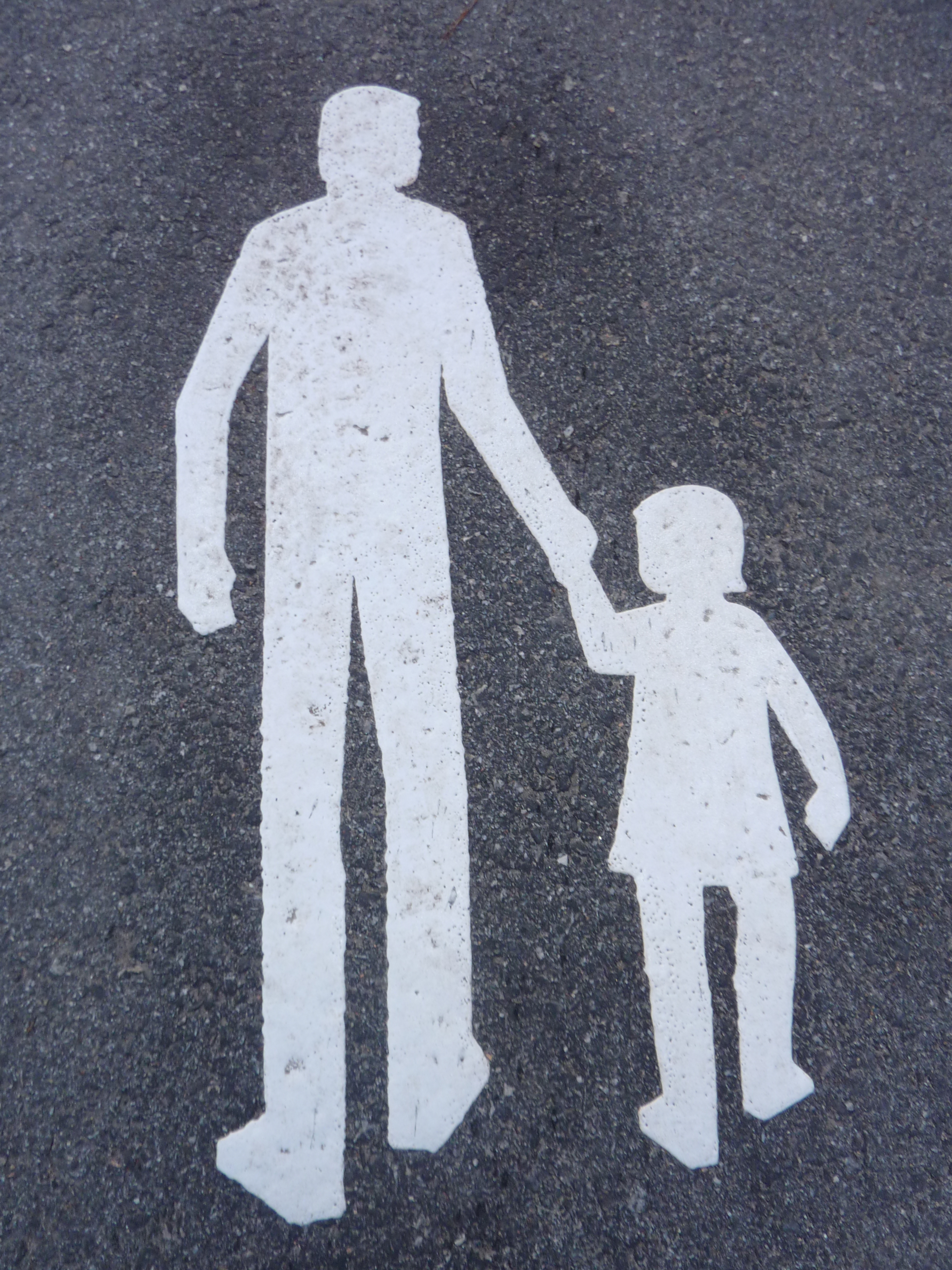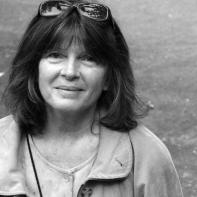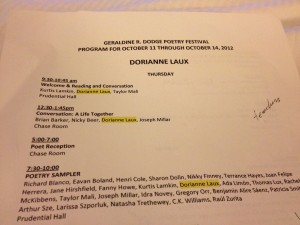 Another tiresome story in the news this morning about a mother who let her child play out in the family’s backyard and was subsequently reported to both the local police and to Child Protective Services. For those of you not on the parenting circuit, this is an extreme example of a now-common phenomenon—the expectation that children ought to be treated much like the tiny priceless bell your grandmother brought over from the Old Country, kept close to the nest and dusted off for company. The danger of a child accidentally strangling themselves with dental floss in the bathroom seems more present than the worry they will skin a knee or break a leg. For those of you currently embroiled in the household care of small charges, be forewarned—your greatest enemy may not be the random kidnapper (accounting for, incidentally, about 100 children a year, half of whom come home, compared to a whopping 1,100 children a year killed in motor vehicle accidents, usually when you, the parent, are driving) but the proverbial Monsters on Maple Street who police your every move, making sure you haul your kid in the aforementioned car six blocks to soccer practice rather than let them hike it on their own. So the current prevailing parenting wisdom is this: Do not let your little tadpole out of arm’s reach until they are old enough to rent a car.
Another tiresome story in the news this morning about a mother who let her child play out in the family’s backyard and was subsequently reported to both the local police and to Child Protective Services. For those of you not on the parenting circuit, this is an extreme example of a now-common phenomenon—the expectation that children ought to be treated much like the tiny priceless bell your grandmother brought over from the Old Country, kept close to the nest and dusted off for company. The danger of a child accidentally strangling themselves with dental floss in the bathroom seems more present than the worry they will skin a knee or break a leg. For those of you currently embroiled in the household care of small charges, be forewarned—your greatest enemy may not be the random kidnapper (accounting for, incidentally, about 100 children a year, half of whom come home, compared to a whopping 1,100 children a year killed in motor vehicle accidents, usually when you, the parent, are driving) but the proverbial Monsters on Maple Street who police your every move, making sure you haul your kid in the aforementioned car six blocks to soccer practice rather than let them hike it on their own. So the current prevailing parenting wisdom is this: Do not let your little tadpole out of arm’s reach until they are old enough to rent a car.
Much has been written about the generation of helicopter parents and children of late, centered often around the importance of play, even exposure to nature—several very wonderful books and a few recent articles on Aeon’s website have attested to the value of doing less, of play, the significance of the outdoors, even the importance of boredom. But these ideas, a reaction to the stubborn impulse to shelter children beyond all experience, remain largely on the fringe for the time being. There is little discussion in parenting literature about the value of solitude. We love, as a society, to lament the nation’s youth as a veritable wasteland of social media, but we provide little in the way of experiential lone-someness. Solitude, if anything, seems an enemy, something to be avoided, if possible, a harbinger of anxiety and depression.
What does this have to do with writing?
Solitude—the good kind, borne of the quiet pleasantry of one’s own company, not the painful variety, borne of sheer loneliness—seems endangered, a victim of the digital age and the culture of fear. As does silence, which, Galway Kinnell writes, is the mother of poetry. This is of particular interest to me both as a writer and as a college teacher. Hailed as supreme in the classroom, collaborative work, so often at the heartbeat of current pedagogy, has its limitations in scope. The intimacies of writing, the intricate sound of one’s own rhythm, one’s pulse, one’s story, is hard to hear unless you invest in quiet. For the last decade or so, I have been experimenting with assigning solitude as homework for writing students. At first the assignment rotated around a social justice curriculum I taught for Academic Writing. We read, among other works, Atul Gawande’s sharp and timely article called “Hellhole” about the harrowing reality of solitary confinement. He opens the article by talking about Harry Harlow’s famous experiment with the cloth monkeys, and progresses into a discussion of hostages and the current prison system, in which a staggering 80,000 + people are held in solitary confinement in the United States alone. It seemed like an interesting idea to have students write essays responding to questions of social justice while experiencing for 1.5 hours a self-imposed version of the confines of quiet, set up in a “cell” of sorts, usually a bathroom, meant to approximate the size of the enclosure of the modern inmate. The conversations afterward—and the writing—were more intense and more engaged than at any other time during the semester. “The mind,” wrote one student, “is much, much darker when you are alone.”
To provide a counterpoint to this experience, we talk a bit about epiphany, about catharsis. I can remember my own first experiences with great immediacy; walking to school alone, three miles each way, listening to Cat Stevens on my Walkman, the engine of the universe stopping me to look at new lupine, at the thunderous sky. I can remember reading James Joyce’s The Portrait of the Artist as a Young Man in eleventh grade and feeling a deep desire—something like hunger—to experience a fragment of life as Stephen Dedalus did, for the caught glimpse of an ankle at the seaside to be a portal to an entirely different world. While some students are familiar with the experience of awe, many—by their own admission—have been kept so busy for so much of their lives that they have had little time to experience the shock of the self. Again, the links between epiphany and solitude—a connection with the most ragged, most divine experiences—seems limited, haunted by the preferential treatment of safety, of the known. As part of this segment of the semester, we read Bill McKibben’s gorgeous introduction to Thoreau’s Walden. Here is an excerpt of the part I love most:
The idea that we know what we want is palpably false. We’ve been suckled since birth on an endless elaboration of consumer fantasies, so that it is nearly hopeless for us to figure out what is our and what is the enchanter’s suggestion. And we keep that spell alive every time we turn on the radio or the television or the net. Because when someone is whispering in your ear, there’s no way to think your own thoughts or feel your own responses. The signals that your heart sends you are constant, perhaps, but they’re also low and rumbling and easily jammed by the noise and static of the civilization we’ve lately built.
McKibben goes on to say,
Without silence, solitude, darkness, how can we come to any sense of our true size, our actual relationship with the rest of the world?…What nature provides is scale and context, ways to figure out who and how big we are and what we want. It provides silence, solitude, darkness: the rarest commodities we know.
To this end, students would spend a (yes, I’ll confess to it, mandated) two hours in the outdoors. Alone. We are lucky, I realize, to live in rural Northern California, where a rather safe municipal park, much of it wild, stretches from campus fourteen miles into the foothills of the Sierra. I cannot substantiate whether or not individuals in fact took their phones or traveled in packs or pairs, but I take it on good faith that, for the time, they were sufficiently intrigued by the prospect of epiphany that most were willing to at least attempt this. Again, an excerpt:
It was the squirrels and the trees that seemed, for the time being, to be my friends. I was able to forget my planner, the constant updates of my friends and enjoy the peace of being myself. I felt entirely free.
I do not know, for certain, if these moments in the outdoors, alone, hold for longer than a day, or a week, the time it takes to finish a semester—or if they intrigued the recipient of solitude sufficiently to invite more. I do not know if the small joys of silence can ultimately transcend the fear of quiet, if attempting to learn, as McKibben says, a sense of our own true size, will ever be anything but intensely intimidating. I do know that while not every bit of writing, not each poem, must itself contain an epiphany, the experience of composition is about hearing one’s own thoughts above the din, trying to make sense, and even noise of them.


